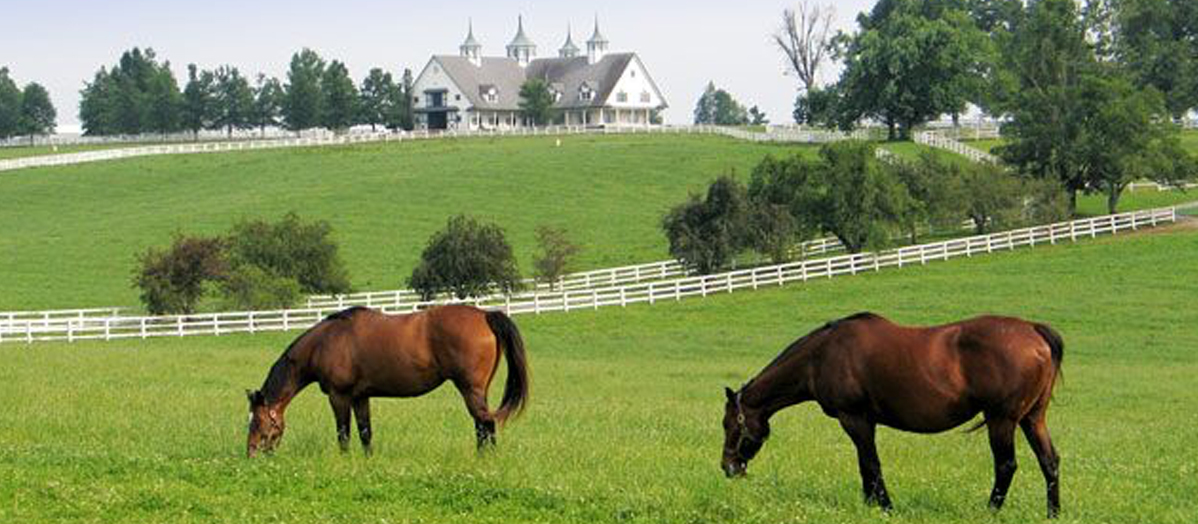365 Days in Horse Country – The Power of Psyllium

For horse owners living in regions where the soil is sandy,
worrying about sand colic is a fact of life.
Sand colic is caused by the accidental ingestion of sand during
feeding. It can be incredibly painful,
expensive to treat, and potentially fatal.
Besides avoiding feeding your horse directly off the ground, the best way to avoid sand colic is to give your horse psyllium. This material, obtained from the seed coating of the Plantago plant species, becomes a gel-like substance when it comes into contact with water. The resulting gel attracts sand particles when it enters the horse’s intestines, and subsequently carries the sand out of the body during the digestive process.
Equine veterinarians recommend feeding psyllium to horses in sandy areas on a regular basis. Four ounces (114g) per day, for five days to a week, is a commonly recommended regimen. You can mix the psyllium with your horse’s grain or commercial feed. If you use the powdered form, your horse is more likely to eat it and some vets even believe this version to be more effective as well. Avoid the urge to add water to the grain and psyllium mixture, as doing so will cause the psyllium to prematurely turn into a gel; potentially turning your horse off its dinner. To get it to stick to the grain, try adding a little corn oil instead.
Michael







